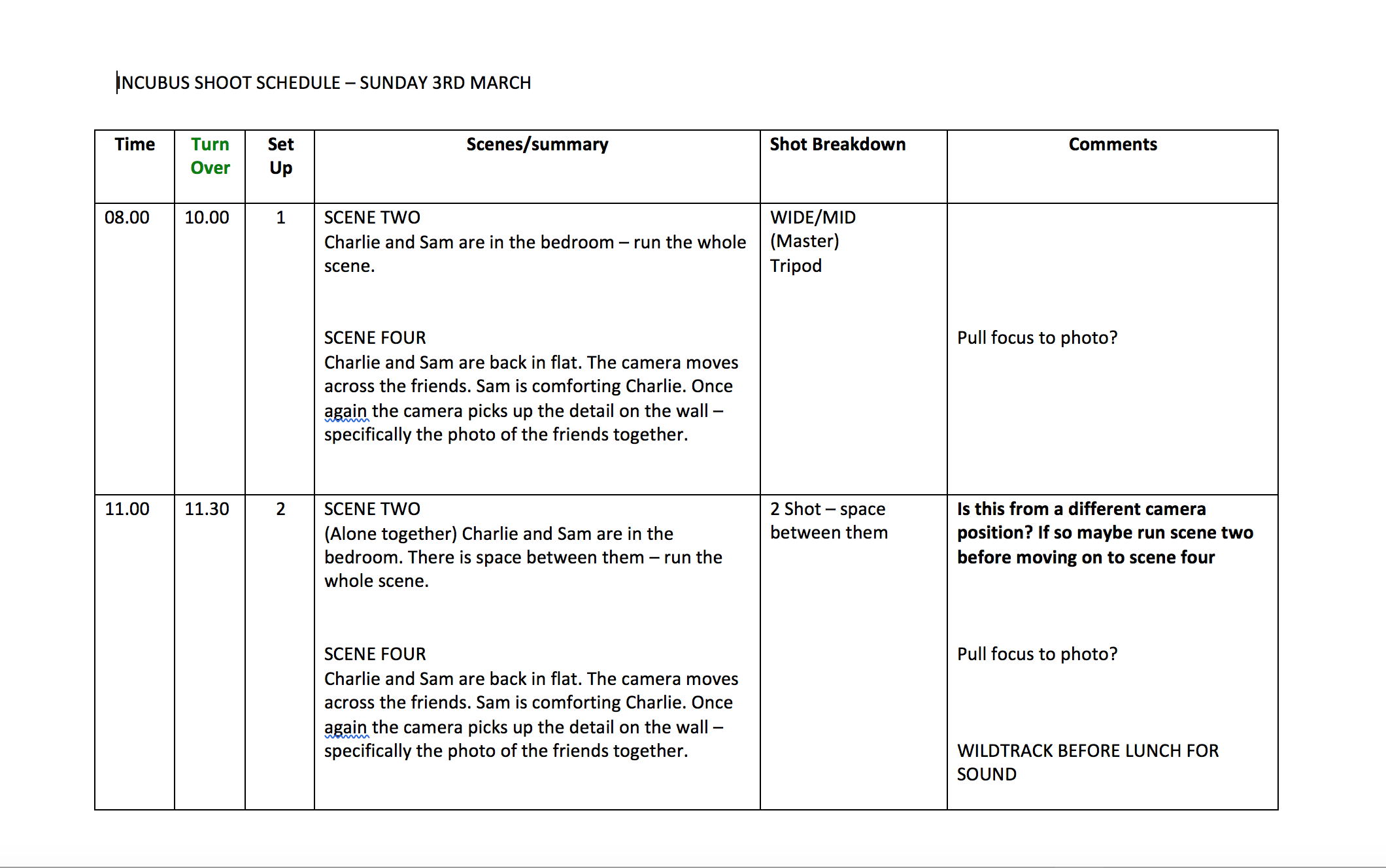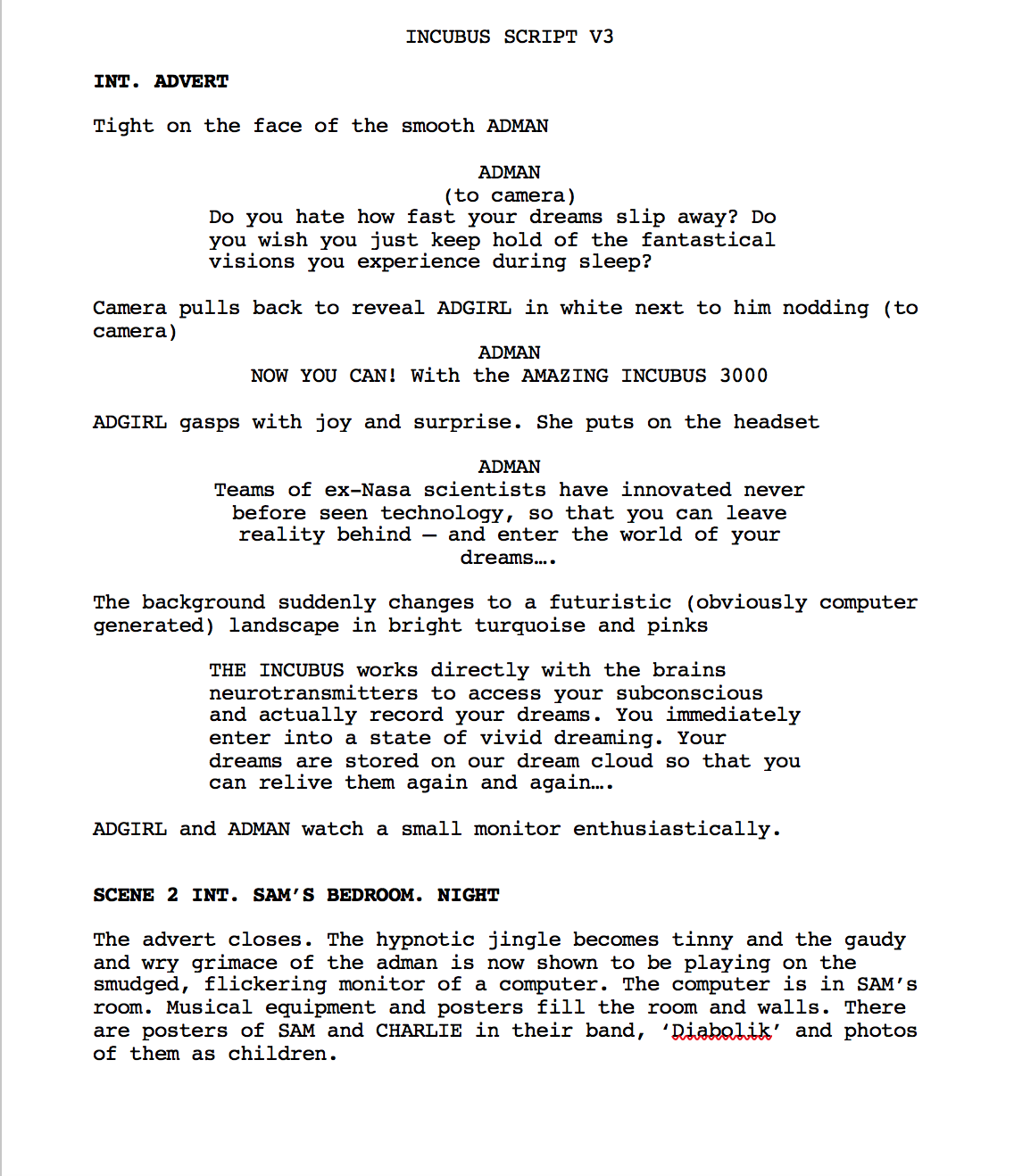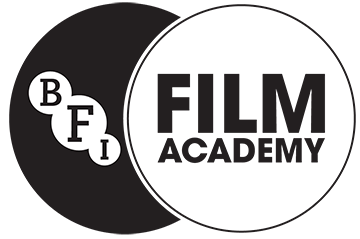Production diary content
What was your role in pre-production and what did you do?
My role within pre-production and throughout the whole process was 1st Assistant Director and Producer. I was to be aware of the health and safety elements, so if something had not gone to plan people could come to me and I would get help from the tutors. On various occasions, I would join the scriptwriting team to add my own input. However, I didn’t stick to one particular group of people I made my way to different ones to see where people were up to.
How well prepared do you feel we were for the shoot? Explain
I would say fairly well, this was down due to multiple factors, to be honest. Such as the camera and sound crew had been able to learn how to use the equipment beforehand and that a shot list had been drafted up. As 1AD one of the key pieces of paper I had to have on was production schedule. This displayed all the scenes that had to be shot, with who was needed for that scene whether that be cast or crew so that I could get everyone together for a turnover. The schedule also had timings of when we should begin prepping for a scene and when turn over time would be. This wasn’t stuck to completely but it was a reassuring thing to have so everyone knew what was happening when. We also had a risk assessment prepared and if needs be we could add more to it if a new risk were discovered.
What was your role on the shoot?
My role on the shoot was to communicate with multiple people such as; camera and sound crews, cast and the other directors. The main reasoning for this communication with these people was because I had to call out to them to make sure they were ready to either go for a rehearsal or take. There were certain phrases that I had to learn but part way through the first day I had learnt them. And after checking the crew were ready then one of the other directors could call action.
Briefly explain what happened each day of shoot.
On the Saturday we chose to focus on the main scene which also happened to have the most people as well. it was also the longest scene to film. There were a few other smaller scenes that we choose to film as well, because we had the space to and if we hadn’t the Sunday would have been much more jam packed. Due to scheduling with other people using Christchurch Studios on the Sunday we began filming scenes that were upstairs which was where one of our sets were anyway. Once the space we needed was free we were able to get the green screen out. Since that was the only space big enough for it. Most of the filming we did in a non-linear format but with editing we will be able to piece it together in the correct way that we have decided on.
Who did you work closely with on set?
As mentioned previously I worked alongside mostly both the sound and camera crew. Before a take could be recorded I would check in with both crew teams to see how they were doing with setting up the equipment and if were on a tight schedule to let them know that we need to move along quickly. I also had to talk with make-up to make sure the cast were ready and in their first postions.
How far was professionalism maintained on set? (Consider responsibilities, focus and communication)
In between takes makeup was on standby and the directors were discussing what went well with a scene and what didn’t. The directors were able to communicate effectively with the cast as well. Once “quite on set please’ was called by myself generally most people quietened down their conversations and listened allowing communication to heard between crew. There was the slight mishap of the mixer being in the Snail so was difficult to be heard by the directors in another room. So it was decided that since I was calling other directions that I should call action. Unfortunately, one take that was going so well was interrupted when sound realised they could pick up the sound of someone’s phone making noises.
What did you learn about how a film crew work together on a shoot?
That communitcation is very important. Like I mentioned the driectors would talk to cast between takes and then the directors would feed back to the script superviosr to make notes on what had been said. When a slate was written recorded both sound and camera had to work together to capture what was being said and the sound of it hitting the other part of the slate.
How well did the crew work together on set?
There were some cases where directors had to give directions to the camera crew before the take was being shot. Or if the boom was in shot it would mentioned. They both ended the recording shortly after each other which was key as well.
What are the pressures of working on a film shoot?
I think the main pressure was that we only had two days to do all the filming. And due to that restricted time frame we had to act professional when we could. If possible keep to the schedule which didn’t completely happen. However, that may be bound to happen. I had to make sure everyone was ready for takes as well which meant giving me ques correctly.
Were there any challenges on the shoot and how were they dealt with?
Some scenes ran over there predicted time which can’t be helped unless it went perfect first time which not all did. But with the takes anyway, we gave plenty of time to work on them instead of a really short amount of time because that would have just caused stress. When technical problems arose they were noted down those that were noticeable anyway. Or the directors gave feedback before action was called or at the end of the take and then spoke to people about them.
How well do you feel you worked as part of your team / crew on set?
I would say I did a good job. To begin with, I was a bit nervous since I was still learning the correct phrases to communicate with others. But by the time i had mastered that I felt comfortable in myself. I was able to put input in as well and talk to those who needed talking to. Or finding/ gathering people for when they were needed.
Did you have any feedback or advice from tutors / others on set?
For the script supervisor to make sure they are following along the script as well in case a line is missed instead of when cut is called flipping to the correct page. To some of the cast make sure you are fully quite when it has been called on set so people don’t get distracted as well possibly.
In what ways did you improve your own knowledge and skills?
I noticed this myself but others pointed it out as well but I became more comfortable in what I was saying instead of shying away a bit at the start since I was scared of making mistakes I learnt the words and managed to succeed. To be hyper-aware of possible risks as well.
Overall – How do you feel the shoot went?
There were a few hiccups but it wasn’t to be perfect first time and we allowed ourselves enough time to work on that. I felt very involved and got the job role I wanted and was pleased with that. Because it now gives me that experience due to being something I may want to do as a future job. It was fun as well at times. But also serious which is a good balance. It also just allowed me to work within a group enviroment which is what I really wanted from this due to the lack of doing so currently in my studies.
What went well/ didn’t go well? What would you improve on?
We managed to get all the filming done in time which is great. As mentioned we did go over in a few scenes. Maybe in some cases, I should have taken breaks on the Saturday. I did on the Sunday though. Make sure that I am communicating with people before a take to see how long they need, I feel I should have done this a bit more than I did. I was able to speak clearly and loudly and was aware of the production schedule. I also had the right papers on me at the right time as well so was able to lend my script if someone needed it.
 The risk assessment for Incubus
The risk assessment for Incubus
The production schedule for Sunday

 A script sample
A script sample
 The Script supervisor talking to one of the directors
The Script supervisor talking to one of the directors



Issy this is a really comprehensive and insightful production diary. You worked really well in your role as 1st AD, you knew how to keep people focused but you also had a good sense of when people needed to get on with their tasks. I was impressed at how you picked up the key qualities needed in a short space of time.
This is excellent practical evidence for parts of section 1, 2, 3 and 4.
You have achieved all your portfolio work to a good standard and more than met expectations in terms of the amount of work produced. You have clearly shown you can develop your own working practice for the film industry. Well done.